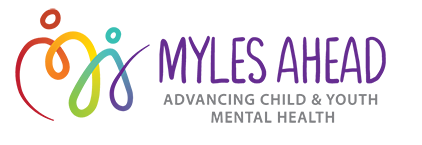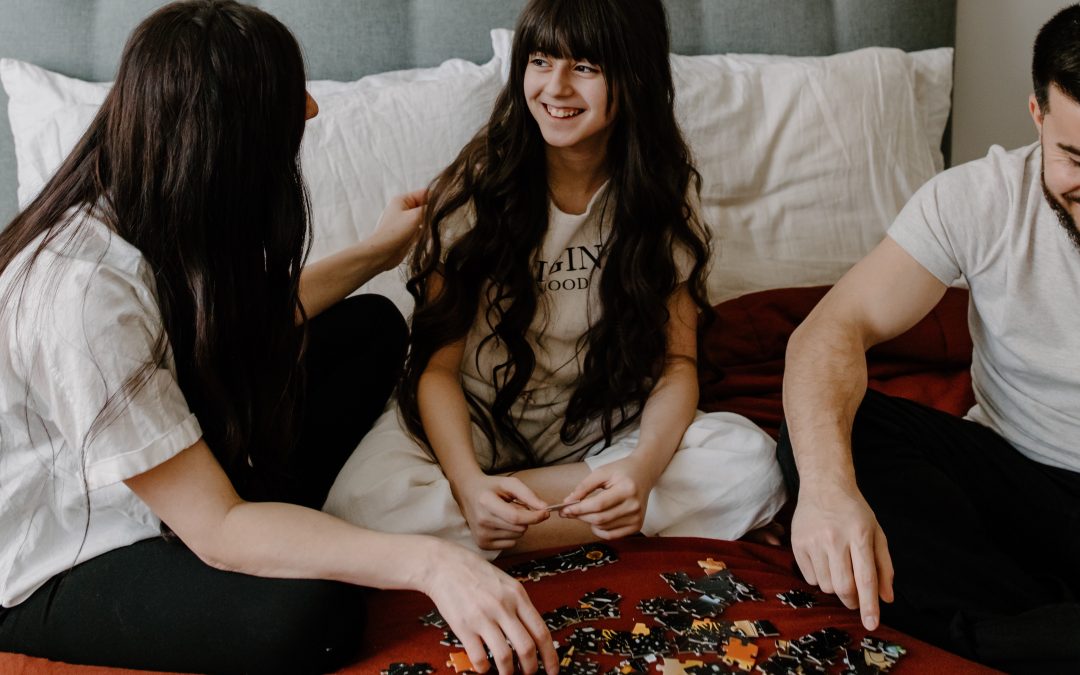I have been reflecting a lot lately on how we form our worldviews. Perhaps this stems from a desire to understand how the lines are drawn behind which we entrench ourselves. I consider myself to be pretty open minded, empathetic, and compassionate, and I am also a bit of a sleuth. I investigate, evaluate, and try to learn, grow and advance. Sometimes growth can be uncomfortable, particularly when it calls our worldview into question and forces us to acknowledge something that we are not proud of.
I have come to believe that all of our experiences, be they successes, failures, painful, or joyful, create the scaffolding upon which we form our worldview. This is how we define our expectations, our philosophies, beliefs, our ethical and moral compasses – in essence, it is what we think the world should be and who we are. When others don’t conform to how we think things should be, it can rattle our concepts of right and wrong and cause us to feel disbelief, anger, a sense of superiority, judgement… pretty toxic feelings by-and-large. I am not talking about flagrant disregard for common decency, equity, or the law here, but rather those seemingly normal, everyday moments when our feelings are hurt, or we have uncomfortable exchanges. What if those feelings were a signal to our deeper selves to look inwards and understand what part of our worldview is feeling threatened, or why another person might see things differently? Perhaps instead of toxic reactive thoughts and narratives, we can find a more empathetic lens both towards the affront and towards ourselves.
Regardless of whether my beliefs resonate with you on any level, the take-away that I would like to impart is that when we take time to reflect, we grow as individuals. Self reflection leads to greater self-awareness, and practicing this can be a powerful and positive role modelling opportunity for the kids in our lives. Reflecting back on an experience or a time period can help us identify things that we did well, aspects that supported a positive outcome, and also things that we could have done better. The practice can help us better understand the identity that we have constructed for ourselves. More importantly, taking time to reflect can deepen our understanding of – and connection to – one another and the world around us.
When practicing reflecting with kids, here are a couple ideas that might be helpful to guide the discussion around a particular experience:
- Consider practicing reflecting while out on a walk or doing something together that doesn’t require full attention like building puzzles, doing crafts/artwork, or cooking.
- Listen to what is being said, and also watch for body language cues to better understand what might not be expressed verbally.
- Acknowledge the experience, thoughts or feelings being shared without trying to resolve them for your child.
- Ask questions – how did that make you feel? Is there anything you would have done differently if you had the chance?
- If the issue is difficult for your child to look at differently, consider collaborating on strategies to support their ability to process the experience and equip them for greater success.
- Be patient. It takes courage to talk about our emotions. Let your child know that you are proud of them, especially if the topic of the reflection was difficult for them to talk about.
ADDITIONAL RESOURCES
For children: We always loved Ziggy Marley’s Family Time album – it has lots of great messaging, is fun and upbeat. For younger kids, this short “Meet Your Emotions” video from the movie Inside Out helps kids recognize feelings.
For youth: Check out this lovely short video ‘Different’
For caregivers: Thandie Newton’s Ted Talk on ‘Embracing Otherness, Embracing Myself’ is worth watching, and consider this ‘Reflecting and Projecting’ activity our R&D Lead, Chloé Simms, has shared (thanks Chloé!)
For educators: There are some great classroom resources from the Children’s Library on Teaching Reflection Strategies, and lesson plans from Empowering Education.

